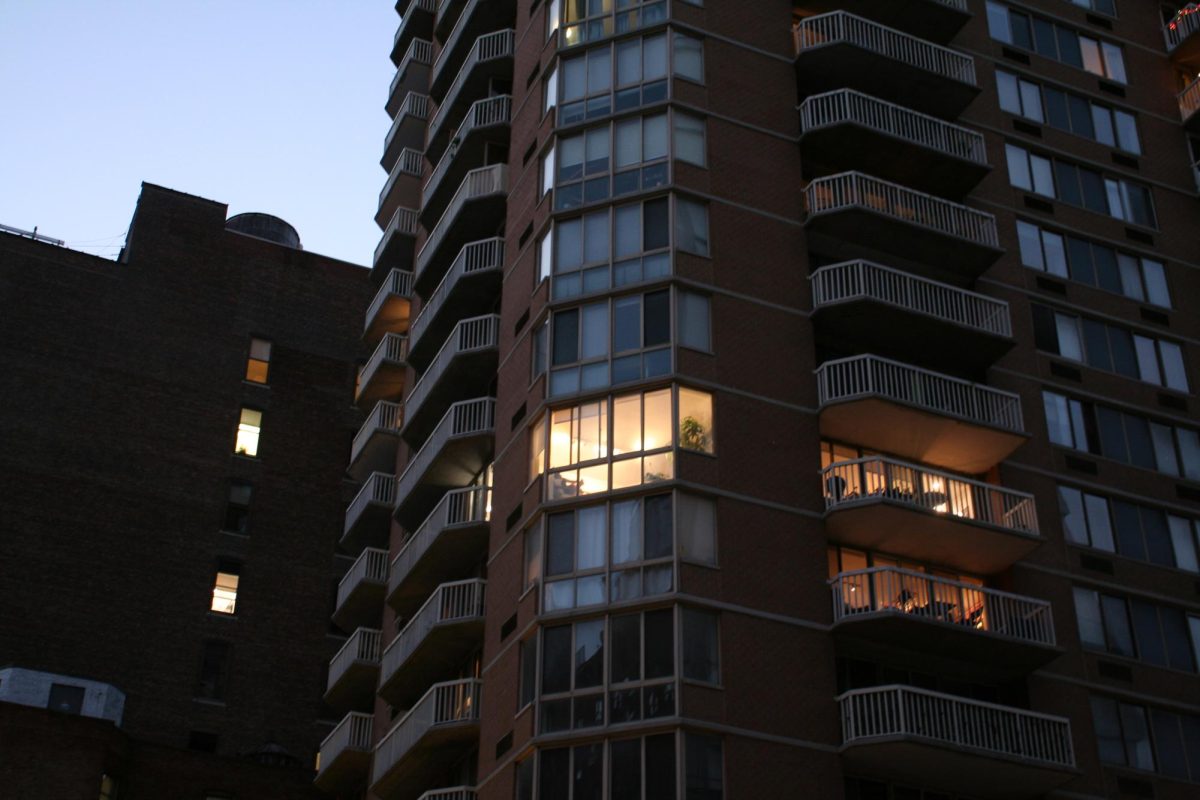Short-term rental companies, like Airbnb Inc. and VRBO, may lose their New York City hosts due to a new law requiring landlords who rent out residential real estate to be registered with the city.
The Mayor’s Office of Special Enforcement’s initial phase of Local Law 18 went into effect on Sept. 5, requiring short-term rental hosts in buildings with three or more units to register with the OSE, prohibiting booking service platforms from processing transactions from any unregistered rentals less than 30 days.
According to the law, certain short-term rentals require a license, and now booking services are required to verify a host’s registration before listing on its service.
Local Law 18, also known as the Short-Term Rental Registration law, was adopted back in January 2022 with a focus on collaborating with booking platforms to ensure they were “using the city’s verification system to stop processing unverified transactions.”
The OSE plans to impose heavy fines on hosts and booking platforms to end listings for full apartments without the host being present during the stay, bookings considered in effect “illegal hotels and already banned by law,” according to THE CITY.
Known for “disrupting the hotel industry,” 55.7% of Airbnb listings in New York are for entire homes or apartments, according to Inside Airbnb. The booking platform giant is disrupting communities in other ways, with listings rented all year round making affordable rent scarce and adding to the post-COVID-19 pandemic housing crisis. Landlords and hosts benefitted from the widespread flee from the city and subsequent return.
Out of the 39,453 NYC listings, 100% of are unlicensed, with 49% from hosts with multiple listings. Hosts with more than a single listing are seen as running a business without living at the property, violating most short-term rental laws designed to protect housing for residents.
The passage was considered “a major victory in what is now a more than decade-long, citywide fight against illegal hotels,” by the NY/NJ Hotel & Gaming Workers Union. The HTC and its members were concerned about “illegal hotel operations depleting the desperately needed housing supply and increasingly driving up rents.”
Condo and co-op boards, as well as other building owners, celebrated the law’s included “prohibited building” list, which allowed building owners to sign on to be added to the more than 8,000 buildings off-limits to short-term renters if renters violate lease agreements.
But the law was also met with skepticism and concerns, with hosts worried over the pace at which the city could register new spaces. Housing advocates are doubtful that the city could adequately enforce the law across all five boroughs.
According to The New York Times, Airbnb filed a lawsuit to undo the law, calling it “extreme and oppressive” and claiming it lost $85 million in annual revenue from New York. Airbnb said it clashes with a federal law that shielded many tech platforms from liability for content posted by its users.









